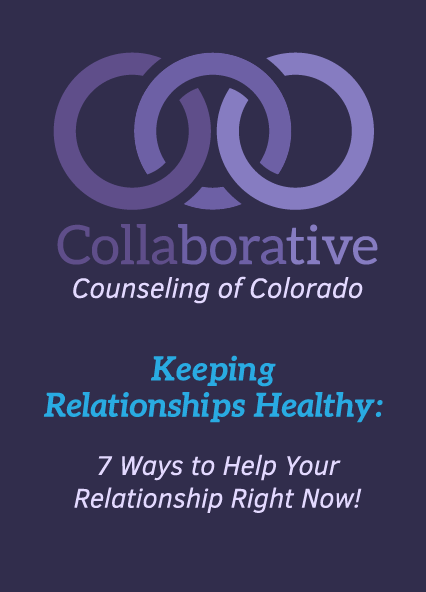“First comes love, then comes marriage, then comes the baby in the baby carriage.”
As the old school-yard rhyme indicates, having biological children is a natural step for many heterosexual couples to take at a certain stage of their relationship. Of course, it is not always that simple. As many as 1 in 4 couples will experience some type of fertility concern in the course of their lifetime.
Infertility can be a chronic stressor in a relationship and can impose serious, sometimes debilitating, strain on the couple.
Impact of Fertility Issues
There are many ways in which fertility issues can impact a couple, from straining communication to impacting the sexual relationship. As with other types of significant stressors, infertility can either draw a couple closer together or else increase problems in the relationship.
The impact of an infertility diagnosis is usually more negatively received than patients would have anticipated prior to diagnosis. Often members of the couple suffer from depression or depressive symptoms (feeling hopeless, shame), loss of self-esteem, and a damaged overall sense of identity. Some studies have found that the pain and distress of a fertility diagnosis are on par with a diagnosis of cancer or AIDS. Many couples see their infertility as a judgment on their identity as a couple. Moreover, the nature of fertility difficulties is that of a roller coaster of ups and downs – renewed hope and anticipation followed by loss and disappointment with each negative pregnancy test or menstrual cycle.
A couple’s everyday life and future planning can be tinted with aspects of fertility (reminders of babies, thoughts like “We’ll have the baby by Thanksgiving”). One of the significant ways this can play out is in the couple’s sexual relationship. Sex can be reduced only to procreation (when in fact it is really about so much more!) and can take on a difficult significance and/or added pressure to perform. Many partners complain of a “sex on demand” phenomenon in which sex becomes a task to maximize chances of conception rather than an expression of caring and intimacy.
The assignment of responsibility for the fertility issue can be either explicit as in the assignment of a formal medical diagnosis to one partner (common medical practice) or more subtle and implicit. Either way, the corrosive effects of blame can be devastating to a couple’s connection.
How Couples Counseling Can Help
Since fertility issues can have such an impact on the partners both individually and as a couple, treatment as a couple is an ideal venue for helping achieve a more positive resolution for everyone. However, if a partner is not motivated for treatment, it can still be workable for only one partner to engage in the therapy process.
Treatment can help a couple proactively to alleviate “waiting stress” while undergoing fertility treatment. A good therapist can also help couples address underlying issues such as establishing the meaning and personal significance of infertility, confronting the realities of fertility procedures (financial burden, dehumanizing effects, physical effects), or building support systems. No matter where the therapy focuses, it is absolutely vital that it not become an additional source of pressure for the couple, but rather a safe and open place to better connect.
UPDATE: This post gives a general overview of fertility challenges. For more on the loneliness that these challenges can create read Rachel’s post here.

